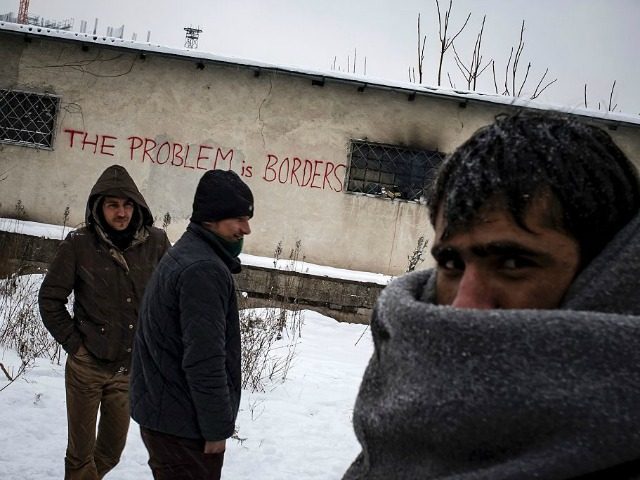Hungary has urged Brussels to create a European Union-wide (EU) deportation mechanism, stating that removing migrants who have no right to reside in the bloc is “mostly not possible” in current conditions.
Justice minister of Hungary, László Trócsányi, identified the difficulty nations have in deporting failed asylum seekers as one of ‘the greatest problems’ with Europe’s migrant policy. In an interview with German daily Die Welt on Wednesday, he proposed the bloc create a European mechanism for deportation.
Mr. Trócsányi said Brussels should assign Frontex the task, and equip the EU border agency “with new skills and appropriate financial resources so it can organise flights and return migrants who don’t qualify for asylum back to their countries of origin”.
Bringing up the issue of countries refusing to take back nationals denied asylum in Europe, the minister said it would “make more sense for Frontex, in its capacity as an EU body, to negotiate with countries like Afghanistan about sending people back” rather than the current system in which individual nations have to make their own deals with migrants’ countries of origin.
Trócsányi also spoke on the topic of Hungary and Slovakia’s joint fight against migrant quotas which began Wednesday, as the two nations went to the EU’s top court to contest the bloc’s decision to force migrants from the third world on unwilling countries.
“We have complied a ten-point list of reasons we believe this decision to be illegal,” the minister told Die Welt. He explained that Hungary disagrees with relocation on principle, and objects to how the system groups countries into just two categories — those which are forced to take in migrants and those which have migrants taken away.
“The decision to assign quotas also sends the wrong signal to potential migrants,” the minister said, noting the message is: “Go ahead and come to Europe, we will handle the distribution.
“Secondly, it’s not effective. These people want to go to very specific countries, not countries like Romania, Bulgaria, or Hungary. Those who were sent to Latvia were back in Germany in just two days.
“Thirdly, it’s an issue of sovereignty,” he added.
If Hungary loses the procedure before the ECJ, Trócsányi said the country will accept the verdict. “This is legally binding,” he said. “Hungary respects EU law and complies with its obligations.”

COMMENTS
Please let us know if you're having issues with commenting.